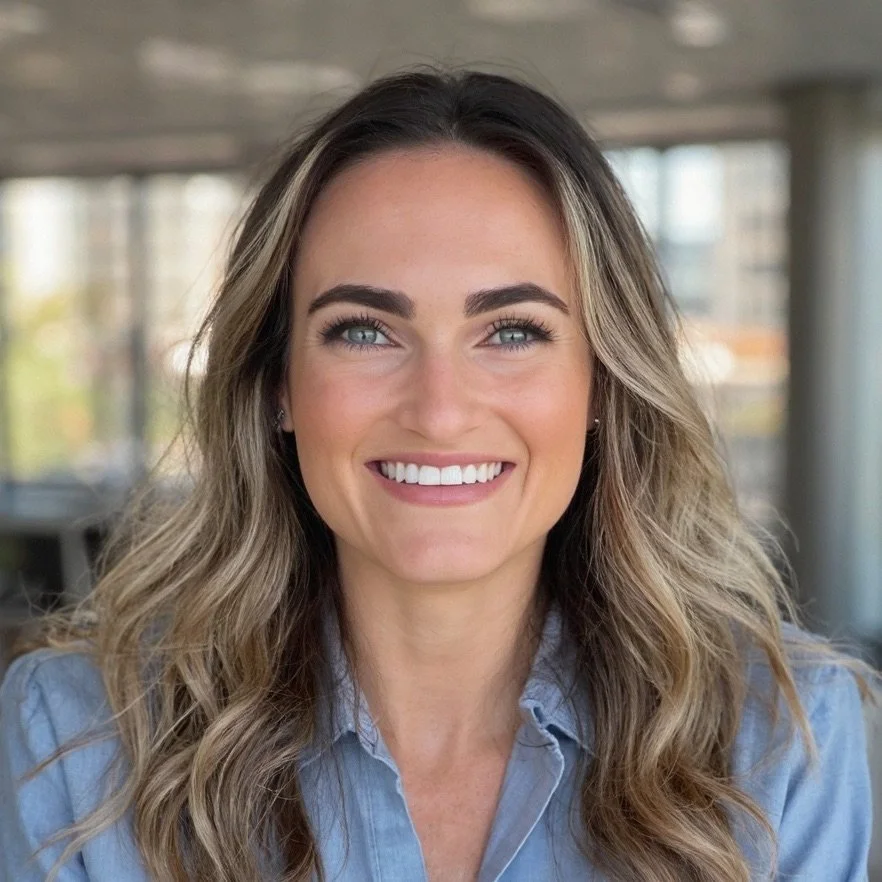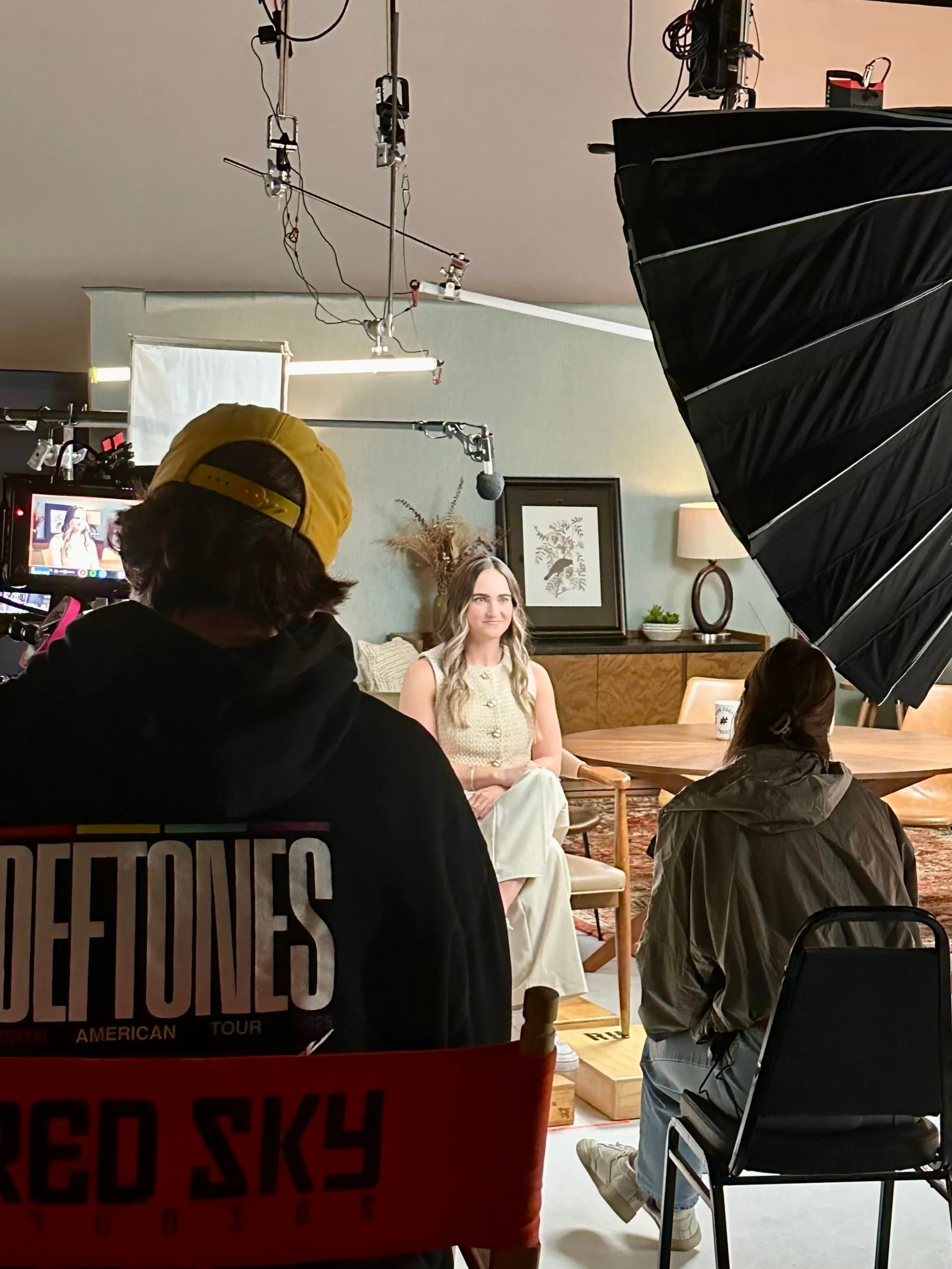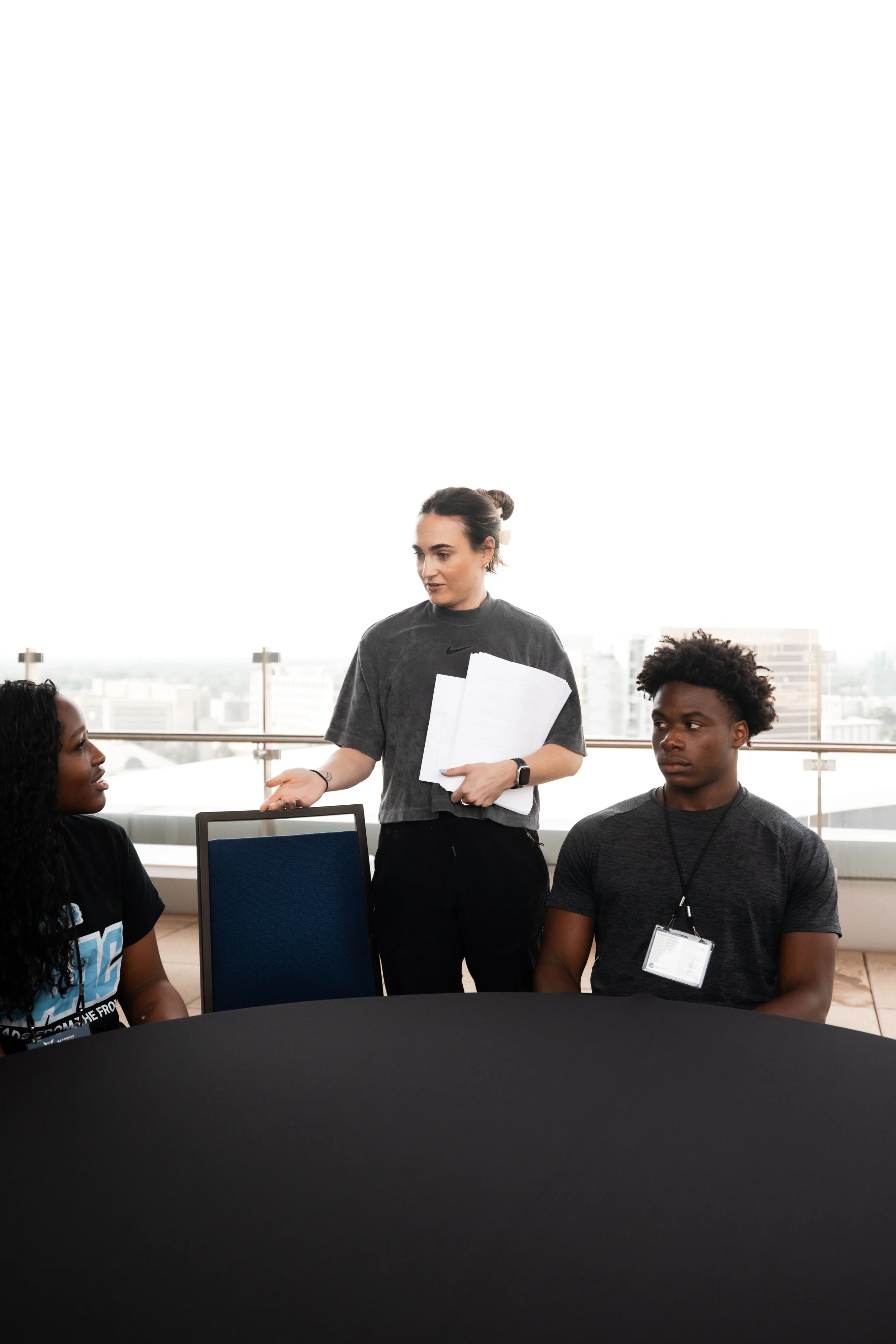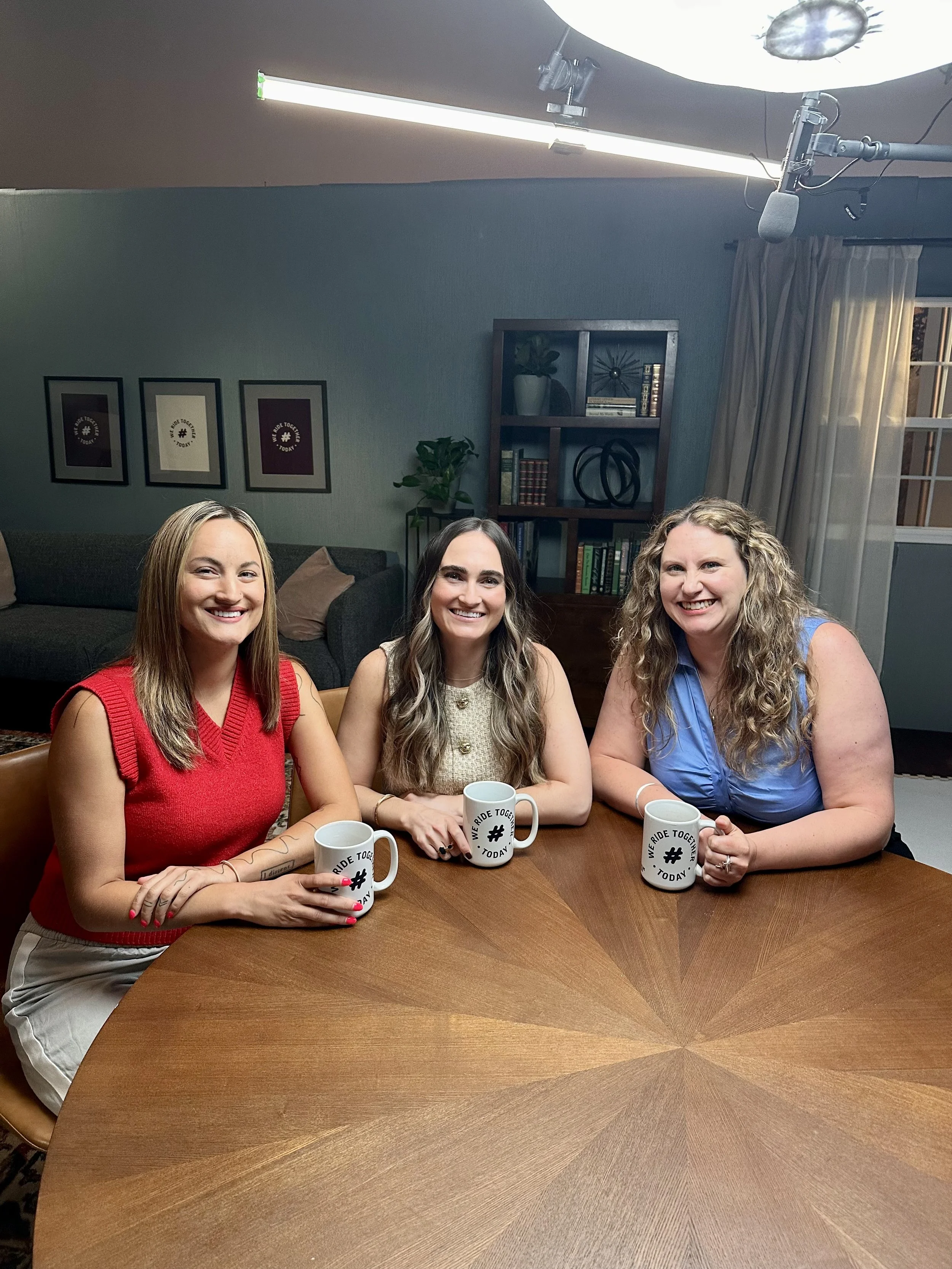
Dr. Tyler Miles earned her bachelor’s degrees in Photojournalism and Peace, War, and Defense from UNC-Chapel Hill. She initially engaged in international human rights work in Northern Uganda and Washington, D.C., before transitioning to obtain her master’s degree in forensic psychology from The George Washington University. She later earned her Psy.D. from the California School of Professional Psychology, focusing her research on coach-athlete emotional abuse. She completed her doctoral internship with the University of Oklahoma Athletics Department, during which she also worked with the Oklahoma City Ballet and the University of Oklahoma School of Dance. Dr. Tyler Miles's diverse experience includes working in a locked inpatient psychiatric intensive care unit and a state prison. Dr. Tyler Miles is completing her postdoctoral fellowship in sport psychology with UNC-Charlotte Athletics.
About Me
Research, Publications, & Speaking Engagements
Beyond my clinical work, I’m deeply committed to advancing research, education, and advocacy in sport psychology. I have an upcoming publication in a sport psychology textbook, and my dissertation research has been formally published. In August 2024, I had the opportunity to present my work on emotional abuse of student-athletes by coaches at the Institute of Violence, Abuse, and Trauma (IVAT) annual conference — a topic I’m incredibly passionate about. I was given the opportunity to work with the Charlotte Hornets and to be featured as an expert panelist in a filmed project with We Ride Together, an organization dedicated to ending abuse in sports. Every project I undertake reflects my commitment to creating safer and more equitable spaces for all athletes.
Athletic Career & Cheerleading
I cheered competitively for The California Allstars in San Marcos, CA, for 12 years, expeditiously transitioning to higher levels while receiving multiple recognitions, including the Cheerleading Worlds Scholarship, and titles at The Cheerleading World Championships with International Open Coed 5 and International All-Girl. I went on to cheer for the University of North Carolina at Chapel Hill's varsity coed team and was the recipient of the Frieda Scholarship, which is awarded to the coach's choice of one senior cheerleader who shows the most altruistic promise.
I have been a passionate advocate for expanding mental health and performance services for cheerleaders. While at the University of Oklahoma, I advocated for the inclusion of the cheerleading program in psychological services to my supervisor, the sport psychology team, and senior athletic administration. I delivered a presentation emphasizing the importance of providing equitable support to cheerleaders — addressing how long-standing cultural biases, gender stereotypes, and systemic inequities have historically limited their access to care. My presentation also included an overview of the history and evolution of cheerleading as a sport to contextualize the need for change. Despite these efforts, the university ultimately chose not to extend services to the cheerleading program.
Currently, I continue this work by providing mental health and performance services to the cheerleading program at UNC Charlotte. My commitment to working with cheerleaders is rooted in both a recognition of their athletic excellence and a drive to promote greater equity within sports systems, as well as my own personal experiences.
A Unique Career Path
I ended up in sport psychology via international human rights—who doesn’t love a winding career path? As a kid, I was perpetually angered by injustice and inequality. Fast forward to college: on the day my mom dropped me off at UNC Chapel Hill, I casually told her I’d be moving to East Africa after graduation. She was optimistic I’d reconsider. Spoiler: I didn’t. I spent a year in Gulu, Uganda, then went to Washington, D.C., to work in human rights—it turns out I was needed somewhere else.
So, I went back for a master’s in Forensic Psychology and quickly realized the research I was interested in—coach-athlete emotional abuse—simply wasn’t there. Naturally, I figured, “Fine, I’ll do it myself,” and began applying to doctoral programs.
Since then, I’ve presented my research at national conferences. With few sport psychology training opportunities, I honed my clinical skills in a locked psychiatric unit and a state prison, working with many overlooked and underrepresented individuals. I completed my doctoral internship with the University of Oklahoma Athletics, and I’m now finishing my postdoc at UNC Charlotte Athletics.
I am dedicated to meeting clients/teams where they are and fostering a safe and supportive environment for them to explore their experiences and identities. Utilizing a trauma-informed approach, I aim to bring a perspective of curiosity, cultural humility, and authenticity to my work.
Advocacy and social justice? Still a big part of who I am, both as a person and a clinician. When I’m not fighting the injustices of the world or watching my athletes compete, I enjoy traveling, live music, watching Carolina beat Duke, and engaging in meaningful conversations with my very vocal husky.



